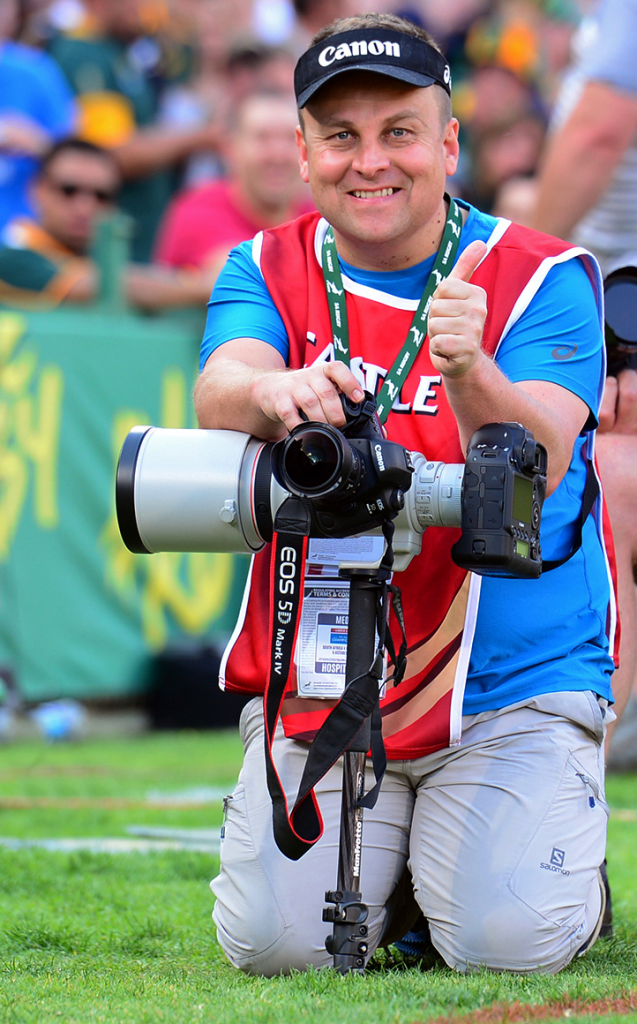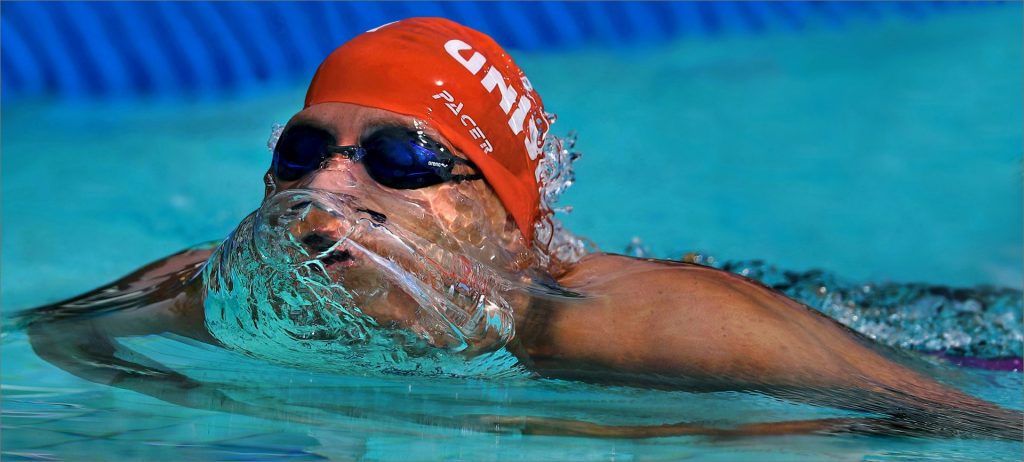Born and raised in Mbombela, renowned photographer Johan Orton is a master of capturing unforgettable moments in time.

Johan’s first introduction into the world of photography came about at an early age through his dad, who was also his mentor. “I was 12 years old when I got my first camera, a Pentax K1000 film camera! That’s when I started learning from him. My dad inspired me, teaching me everything there is to know about photography,” he smiles.
Johan studied BTech marketing and sport management at TUT in Pretoria, but says photography was always part of his DNA. “I used to work for Ride Magazine as the event and marketing coordinator,” he remembers.

“In 2010, we covered the Absa Cape Epic, and world-renowned MTB photographer Gary Perking was taking photos for us that week. Unfortunately (or fortunately) he had a family crisis and I told my editor, Attie Koekemoer, that he had no choice but to use me as the photographer for the week. My equipment always travelled with me, so I was ready. He agreed, and that was the beginning of my international sport photography journey.”
At that stage, Absa also sponsored the Springboks, and their marketing and sponsor manager at the time, Lynn Feder, loved Johan’s action photos. “Lynn said she would get me into the Springbok test matches as an official sponsor photographer,” he smiles. Later on he became the official Asics sponsor photographer during rugby test matches.

“When I shot my first All Blacks test in 2013 at Ellis Park,” adds Johan, “I thought to myself, wow, now I have achieved everything in life! Nothing can surpass this privilege! All I can say is never stop dreaming. In 2019, I was one of only three South African media photographers who covered the Rugby World Cup in Japan, covered all the group B matches, and of course the third and fourth place play-offs, and the final between South Africa and England.”
In 2020, Johan was also part of only 15 accredited photographers who covered the tennis match between Roger Federer and Rafael Nadal in Cape Town, and last year, he covered his first British and Irish Lions rugby tour. To date, he has covered 39 test matches. “I have to say that none of this would be possible without the Lord’s blessing,” Johan adds, “He gave me the talent and opened the doors.”

While Johan’s speciality is sport photography, he also dabbles in wildlife. “I’m a South African,” he laughs, “of course I’m addicted to sport and wildlife!” He adds that while sport will always be his favourite, there is nothing like a tour in the Kgalagadi or Botswana to capture that perfect wildlife image.
“The thing is, you can tour Kruger and come back with one perfect shot, but cover one sport event and you know you’ll have at least 40 perfect shots,” he explains, saying that because wildlife is unpredictable, you never know what you going to get – it all depends on the day.

For instance, he explains that he only goes out early morning or at sunset for wildlife photos. “Whatever I see during those perfect light conditions, I snap! With birds, your speed settings have to be at least 1/3200s to make sure you the wings are perfectly sharp, while in rugby, for instance, 1/1250s is ideal. Obviously, it all depends on the time of the day, because your ISO and f-stop settings also play a role. But you learn all these things through experience, I guess,” he muses.
Inspired by his international friends and colleagues who cover major world events on a monthly basis, Johan stresses the importance of always being on top of your game, always being able to look at your work and say that it’s better than last year’s, adding that the day you stop learning is the day you take your last breath.

Digital photography and the ever-increasing quality of cellphone and mik-en-druk cameras may make every second snap-happy average Joe believe he or she is an expert, but Johan disagrees. “Being in the right place at the right time helps,” he says, “but while mobile phones are good enough for the odd landscape and family snaps, they will never be good enough to compete with a telephoto lens, especially for sport and wildlife. No matter how good they are.”
Having said this, it’s a tough game to get into, requiring perseverance and a fair amount of cash to get started. “If I can do it, you can do it, but remember … it took me almost
30 years to build a brand and a name for myself,” Johan says. “Everyone calls themselves a photographer, so you have to show potential clients why you are the best. It’s hard work, with many long, ungrateful hours in the sun, and it’s expensive. If you want to make money, my advice is to cover weddings, family shoots, and corporate and guest house shoots, not sport.”

Ultimately, photography is a passion, and if it happens to be yours, pursue it fervently, but Johan recommends a few pointers to keep in mind. “Firstly, save enough money for good equipment. Don’t buy a R10k special,” he advises. “You need a full-frame camera body at least. Photography is a very expensive hobby or profession! Do a course in basic photography, then do an advanced course. Start with school events, make an appointment with the principal and ask if you could shoot event photos during school sport days.”
He also advises joining a local photography club and entering your photos in competitions. “My top tips are getting hold of the best possible equipment, looking for emotion in faces, ball in hand, sun from behind, low angle, clean backgrounds, no overexposed photos … Oh yes,” he adds, “you’ll also need luck on your side as well!”



